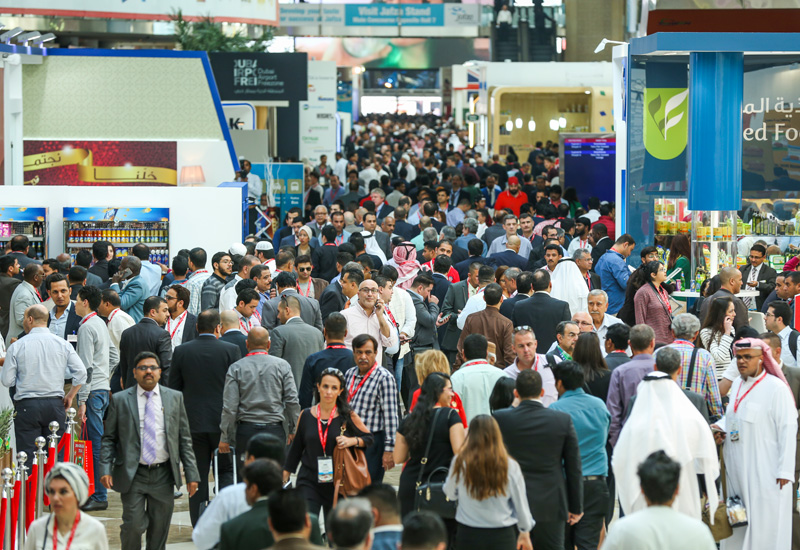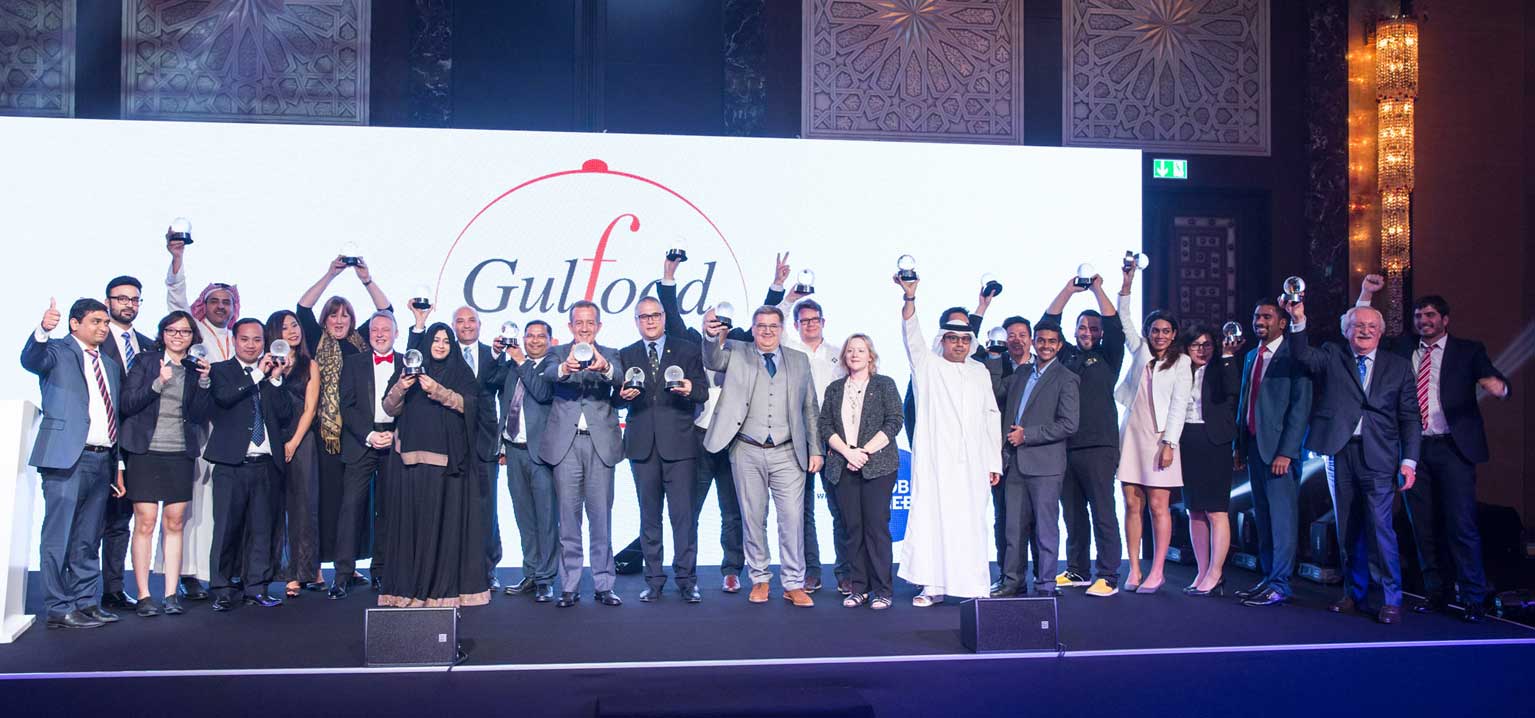The water was discovered in 2013 on the 400-year-old Pant Du farm estate when the the Wyn Huws family, who owned the farm, decided to drill through the surrounding Precambrian rock for water. With only an initial budget for drilling 30 metres, the company’s owner, Richard Wyn Huws, persisted and eventually struck water underneath the rock at 85 metres.
“My son said, ‘Dad, please stop, you are spending all the family money.’ But it was a great example of risk taking in business,” he shared. “The water is filtered through the Precambrian rocks and touches the minerals; that gives it the taste, without adding anything to it.”
The water is low in sodium, has well balanced minerality and is almost perfectly ph balanced at ph7.35 (perfect ph being 7.5).
Meanwhile, a company that is well established in this region, La Marquise — distributor of professional equipment, F&B products and ingredients in the UAE — spoke to Caterer Middle East about its recent growth amid concerns for the year ahead.
La Marquise marketing manager Olga Mirtova commented: “In this region, 2016 will be challenging, however in January 2016 we saw our company post good growth over figures from January 2015, so we’re very optimistic. Furthermore, we will begin new operations in Oman in and Qatar this year, establishing new offices, stores and showrooms there.”
La Marquise represents more than 20 brands from Italy, France, Germany, Ireland and USA. Nordaq Fresh, a water filtration system from Sweden, distributed by La Marquise, is experiencing growth in the Middle East. Mirtova reported: “Demand for Nordaq Fresh in this region is strong. The products are already popular in Europe but they’re new to the Middle East; we are the innovators here and we’re seeing a very good response from the market.
“Nordaq Fresh filters tap water, removing all the impurities, while keeping all the minerals, producing Michelin-star quality water for use in hotels and restaurants.”
The robust GCC business climate may have helped attract a New Zealand pavillion for the first time in a decade at Gulfood 2016. However, New Zealand Trade commissioner for Middle East, Africa and Pakistan, Haylon Smith revealed its decision to return was due to the importance of the region for New Zealand exports. In the year ending June 2015, New Zealand F&B trade with the GCC reached $2.7 billion per annum.
Thirteen companies exhibited at the two-storey pavilion with a Raw Coffee counter, and live cooking demos using New Zealand produce carried out by Dubai-based chef Tomas Reger.
Smith told Caterer Middle East: “What underpins them all [at the pavillion] is that they are at the prime end of the spectrum and they are all looking at how they can leverage their presence in Dubai to take on some markets around the wider Gulf and North Africa. A number of companies, especially on this stand, are investing in this market. They are seeing Dubai as a hub; they establish themselves here and then work out to Saudi, which is one of the big volume markets, and then move out to North Africa, particularly for the dairy companies, which is a growth market.
Article continues on next page...

| Advertisement |










 Search our database of more than 2,700 industry companies
Search our database of more than 2,700 industry companies









